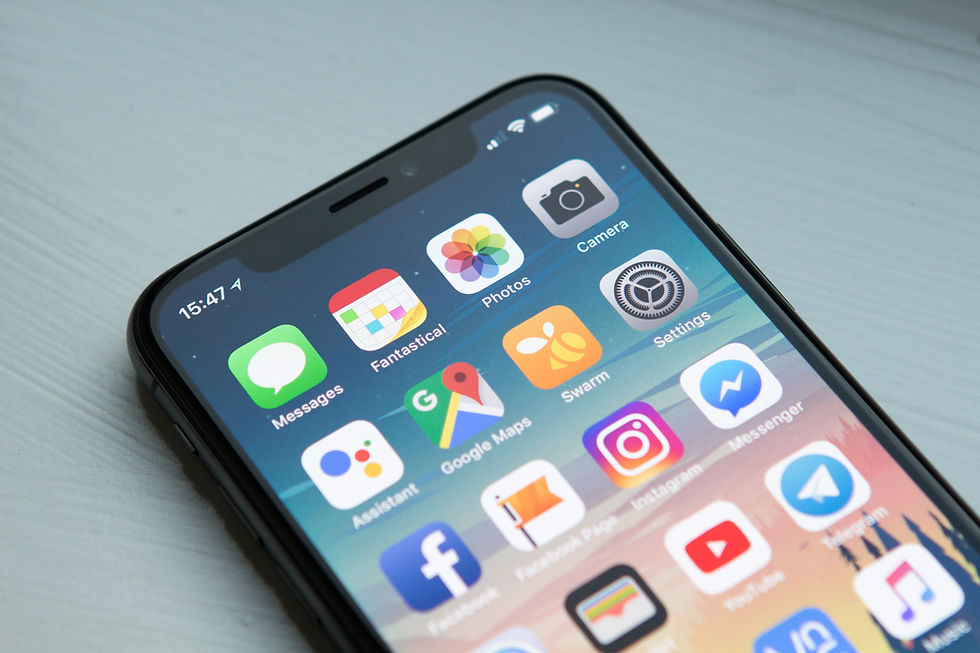Class Counts: Why it matters where you come from
- Content Creators

- Mar 5, 2021
- 3 min read
By Maya Zealey | Scotland
“It doesn’t matter where you come from. If you work hard, you can achieve anything you want to.”
How many of us have been told that our futures are entire of our own making, that if we work hard enough, we can achieve anything we want to? My constant exposure to movies and music from the US solidified my belief in the American Dream. The big rewards promised from hard work attracted me, and as a child across the ocean in Scotland, I daydreamed about the bright lights of New York City, of spending big paychecks on an apartment with a view and a wardrobe of suits.
The reality is that the dream so many of us are clutching to, the dream of social mobility, is getting further out of reach. The sting of this is only compounded by social media, where we are constantly reminded about the inferiority of our lives compared to others. Looking at my phone to see people traveling the world or having walk-in closets filled with designer clothes makes my dreams of having a house and an annual holiday feel small in comparison. When I learned that even my ‘small’ dreams would probably be out of reach, I started to critique the existence of the uber-wealthy and the ineffective economic organization that got us here.

Excessive wealth and consumption can be seen across social media, solidifying its permeation into our culture. We can now be reminded of the lifestyles of the super-rich 24/7 if we look at our phones. However, the reality is that this incomprehensible wealth is further out of reach for most of us than ever before. Since 1980, the share of national income that goes to the top 1% has increased in the USA, Canada, China, India, Russia, and across Europe as a whole. Even since the start of the Coronavirus pandemic, the world’s billionaires have seen their incomes rise by more than a quarter. While the rest of the world struggle with massive unemployment, collapsing economies, and crippling insecurity, the staggering wealth of the world’s uber-rich continues to skyrocket.

The truth is that these billionaires did not accumulate this wealth by working hard.
This extreme wealth is being allowed to exist, which to me is a sign of ineffective management of our resources. Some people might think that a person’s wealth is individual, and no government or state has any right to take any of it. I’m sure most people think that some taxation is good, but also that in general, it is people’s own choice to do with their money as they please. I don’t think billionaires should exist at all; I don’t think people should be able to hoard the wealth equivalent to the GDP of whole countries.
Most of us are not striving to be millionaires, we want a comfortable life free of financial struggle. But the simple life of homeownership and stable jobs that the baby-boomer generation enjoyed is just not a realistic prospect for most of us anymore.
Here in the UK inequality is on the rise, as is poverty and the use of food banks, and this was before the pandemic. Massive unemployment because of Covid-19 has only exacerbated these problems. We might want to believe that poverty is a personal defect, something that will never happen to us as long as we work hard enough. But when the majority of people in poverty have a job, just not earning enough to live comfortably, that myth gets thoroughly debunked. Ordinary, hard-working people are struggling to stay out of poverty.
Only 7% of the UK population attended a fee-paying school. However, people from that privileged minority dominate sectors like law, politics, and journalism. Sadly, even with more young people than ever receiving higher education, the wealth and connections you were born in remain one of the most important factors for your success.

It’s not glamorous or particularly motivating, but the reality is that where you come from absolutely does matter. There is still intrinsic value to trying to be the best you can be, to work hard, and be kind. It just might not be rewarded as you always hoped it would.
.png)



Comments